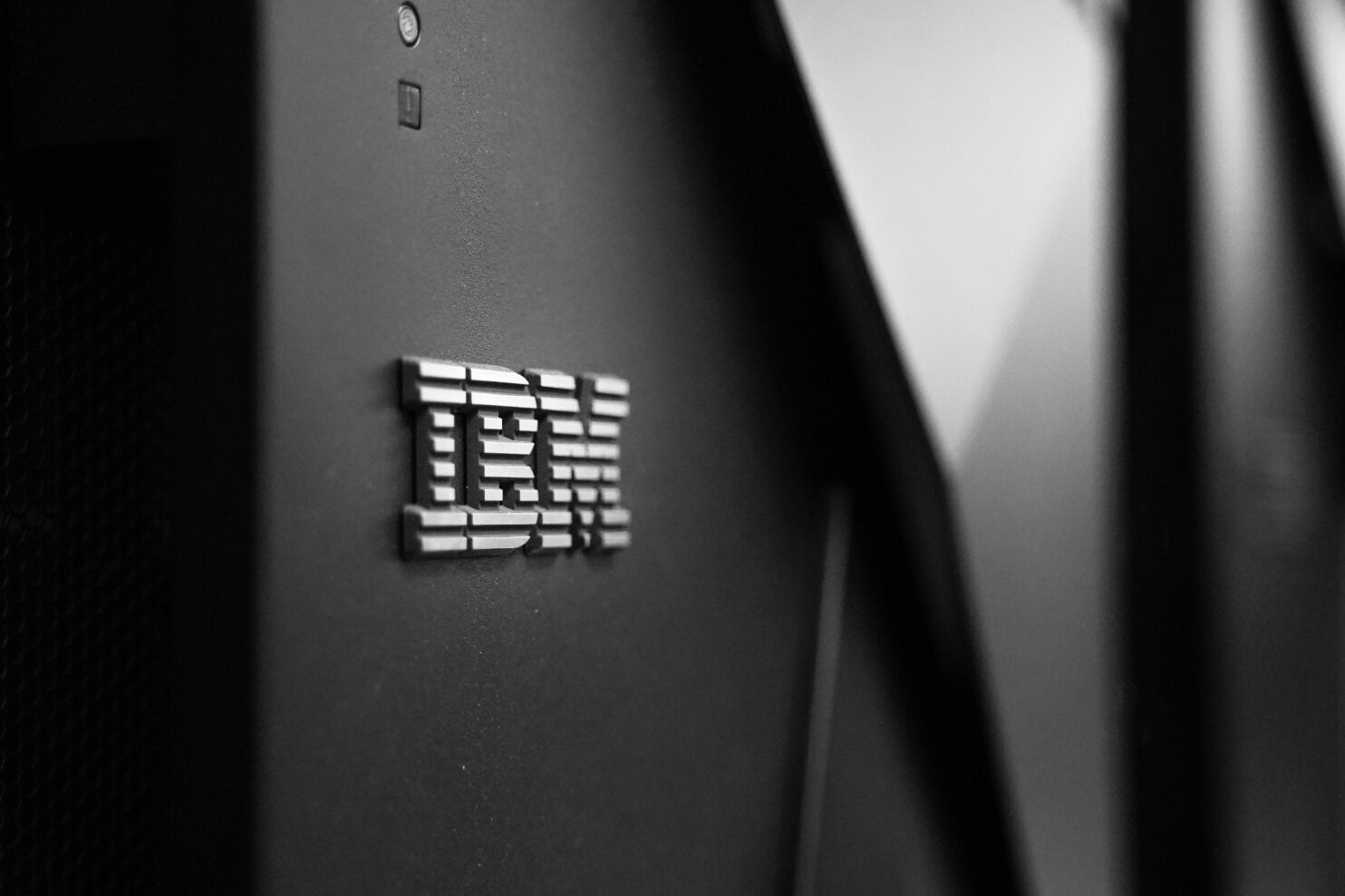From fast fashion upheavals to luxury’s sustainability drive, recent developments in trade policy, ethical sourcing, and digital innovation are reshaping the global fashion and tech landscapes. As industry leaders and consumers navigate shifting priorities—driven by geopolitics, climate action, and tech investment—these five key stories highlight the challenges and opportunities at the intersection of style, sustainability, and strategy.
1. Trade Policy Shocks: Shein Price Surge Amid U.S. Tariffs
Chinese fast-fashion giant Shein has dramatically increased prices for U.S. shoppers—by up to 377% on some items—following the elimination of the “de minimis” exemption and the imposition of a 120% tariff plus a $100 postage fee per item. This move is part of a broader trade crackdown under President Trump’s policies, directly impacting affordability for American consumers. Shein and fellow retailer Temu are now shifting production to Vietnam to mitigate further disruptions.
2. Fashion Revolution Week: Spotlight on Ethical Production
The 10th annual Fashion Revolution Week (April 22–27) mobilized over 2,000 events across 80 countries, including the second annual “Mend in Public Day” on April 26. These initiatives aim to challenge overproduction and promote transparency in fashion supply chains. The movement continues to gain momentum, especially as consumers demand accountability in the wake of tragedies like the 2013 Rana Plaza collapse.
3. Luxury’s Digital ID Push Faces Low Consumer Engagement
Luxury brands have embedded millions of digital IDs into products to prove authenticity, aid in resale, and offer care information. However, customer usage of these IDs is still minimal. Brands see long-term potential for these tools to strengthen loyalty and sustainability efforts, but challenges like consumer awareness and perceived value remain major hurdles.
4. LVMH Champions Circular Fashion at ChangeNOW 2025
At the ChangeNOW 2025 summit, LVMH highlighted its commitment to circular fashion by engaging partners across its supply chain. The luxury conglomerate emphasized sustainable practices, including recycling, upcycling, and eco-design, aiming to reduce environmental impact and promote a more sustainable fashion industry.
Key initiatives include:
- Licensing Business Partners Program: This initiative aims to streamline data collection from approximately 60,000 small businesses in Italy’s luxury supply chain, facilitating their environmental transition and reducing redundant reporting efforts.
- Collaboration with Gruppo Florence: LVMH is working with this Italian production center to harmonize traceability requirements among major luxury brands, enhancing sustainability practices across the industry.
5. IBM Commits $150 Billion to U.S. Manufacturing and Quantum Research
IBM has announced a $150 billion investment in the United States over the next five years, with over $30 billion allocated to research and development in mainframe and quantum computing. This initiative aims to bolster domestic manufacturing and solidify IBM’s leadership in advanced computing technologies. The move aligns with broader industry trends and governmental efforts to enhance U.S. technological infrastructure.
These stories underscore a turning point for both the fashion and tech industries, as they respond to mounting economic, ethical, and environmental pressures. Whether through restructured supply chains, responsible sourcing, or next-gen digital infrastructure, the common thread is clear: adaptability and innovation will define the leaders of tomorrow.

